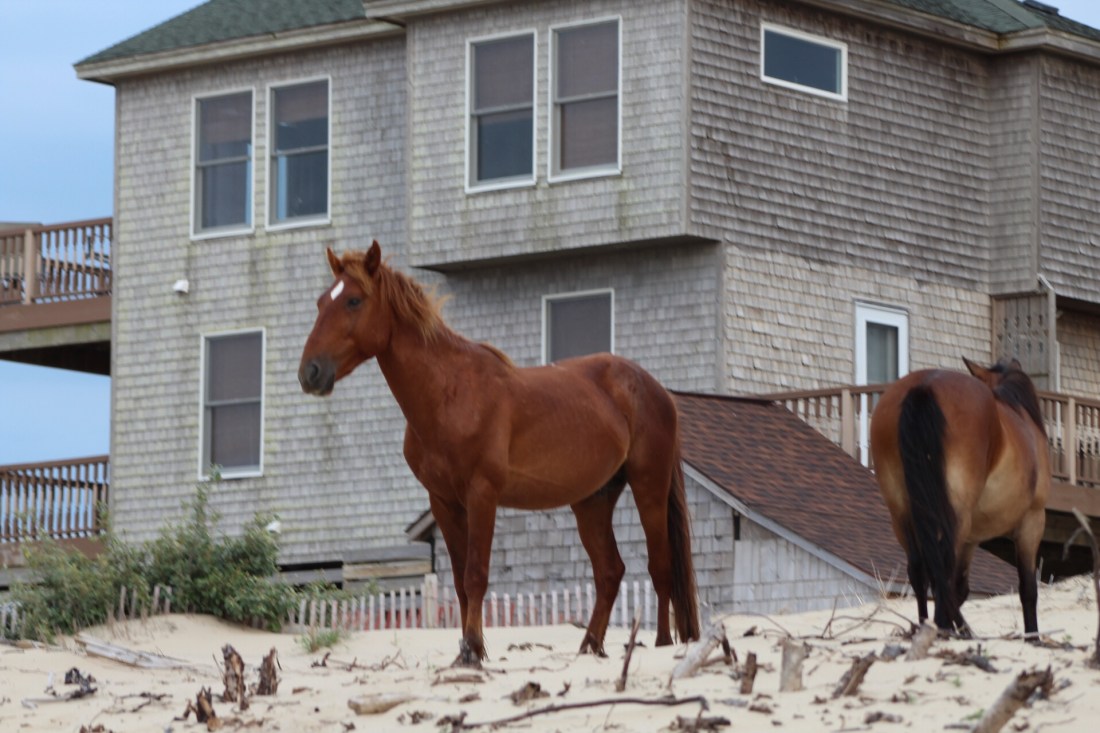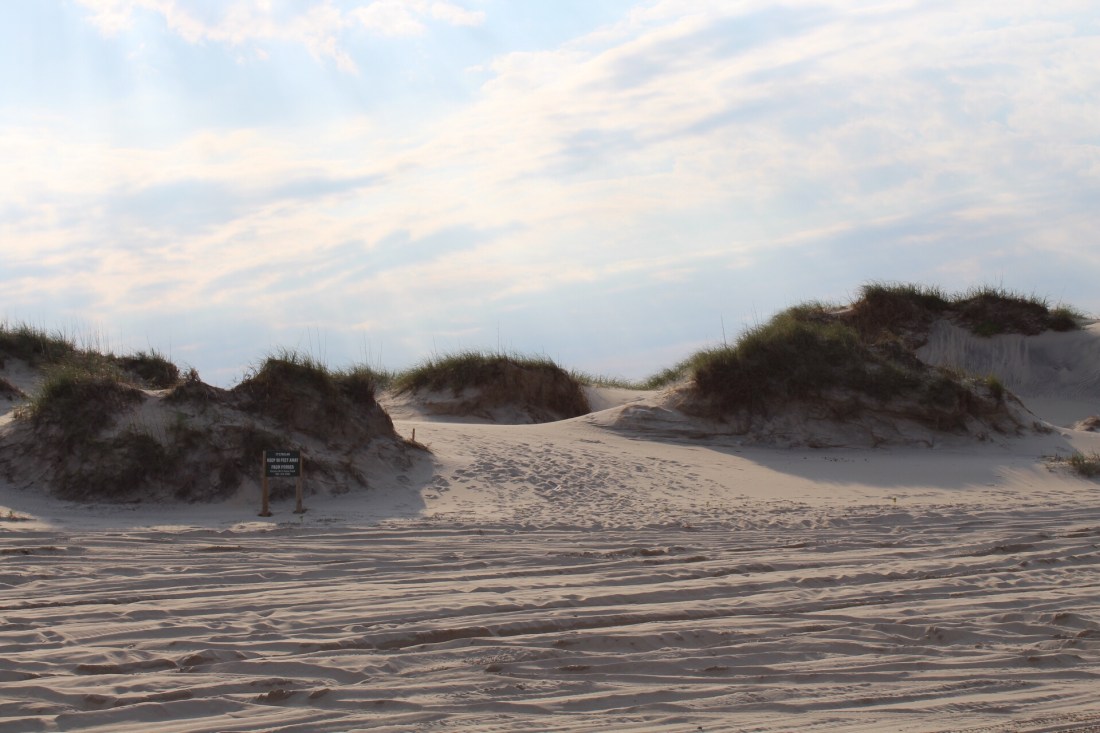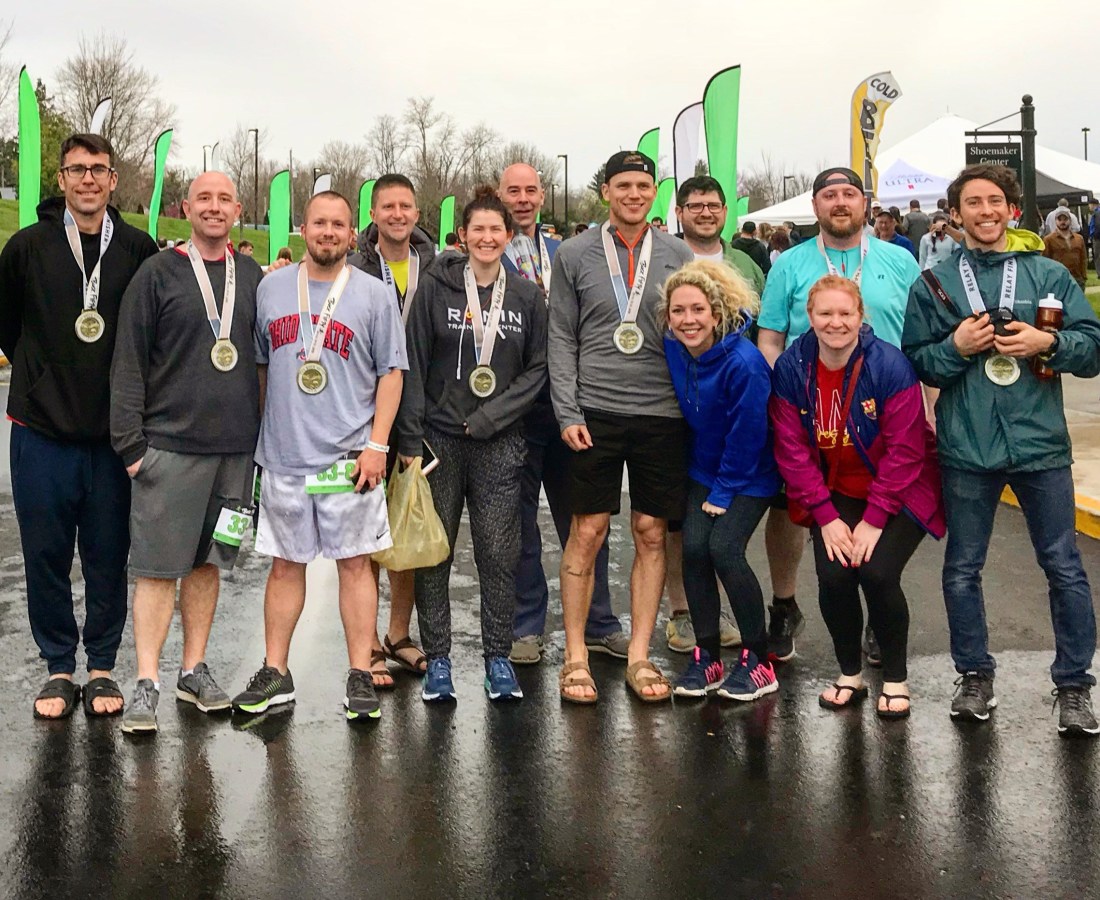In an earlier post I offered to explain how a middle-class kid from conservative and deeply Christian Southern Ohio wound up nosing around a Japanese “non-religious” tradition and how Zen might help you be a little happier. Since I’m all about truth in advertising, here goes.
Seeds planted:
As I look back, Zen and meditation piqued my interest waaaaay back.
Kung Fu, Grasshopper
Perhaps like most Western boys in the 70’s, I developed a fascination with martial arts. I loved Bruce Lee and I loved the show Kung Fu with David Carradine. I saw “the Grasshopper” working on his skills and learning from his master. The show Kung Fu helped me realize that the martial art was about more than just kicking butt. There was a mental discipline that was needed to be a “master” and mediation and mindfulness was a big part of it. And then you kick butt.
Phil Jackson
I was also big fan of the Michael Jordan era Chicago Bulls. When Phil Jackson came on board as head coach, the team went from great to legendary. Sports-casting was entering the hyper-journalism cycle at that time. I gobbled up the program that talked about Phil’s Zen practice and how it influenced him and the early 90’s Bulls’ success. I was further intrigued.
Non-Western Religions and Philosophies
When I got my Bachelor’s degree as an adult learner at Otterbein College (now University), I was introduced into the liberal arts. My original degree in college is a technical degree, so we spent very little time on literature and philosophy. Its a good thing too, as I had just about zero interest in the liberal arts when I was just out of high school. If it isn’t going to help me make money immediately, you can keep it. As an adult learner with a family, I was much more open to the experience. My time at Otterbein changed my life for the better, but I’ll trim this point down to one class.
As an elective, I took Non-Western Religions and Philosophies. I learned two important concepts. First, I learned about monism – which is essentially the concept that God flows through – or IS – everything rather than the Western theistic notion that God is separate but interested in our world. Think “The Force” in Star Wars, because let’s be honest, the Eastern philosophies are where George Lucas got the concept. Second, I learned that in the Far East, people don’t generally think about “religions” or philosophies as exclusive. One could subscribe to Shinto and Confucianism and Buddhism all at the same time with no problem. These concepts opened new possibilities to me. I felt that I could investigate without stepping on the toes of my deeply conservative, Protestant upbringing.
Time of turmoil:
My career was taking off
I definitely started my career with humble beginnings. But at about the 10 year mark in 2007, it was starting to take off. I had gone back to college as a working professional and the experience expanded my horizons. I was taking on growth roles at work and my salary was growing at the same time. In ~2010 I landed a corporate leadership role that put me in the running for an executive position. I was completely out of my comfort zone. I was trying to get things done while not making a misstep. I was hyper-aware of my new surroundings at the executive leadership level and was hyper-sensitive to any and all feedback. Each day was a roller-coaster ride of emotion. In 2012, I landed my first executive role, but the turmoil in my head didn’t stop. I had finally “made it;” but now more than ever, I walked on egg shells because I felt that any mistake would set me back and betray the firm’s faith in me.
My marriage was falling apart
My success at work was making my wife at the time more and more uncomfortable. She and I had come from very humble beginnings in the blue collar heartland of America. The more I grew professionally, the more she put pressure on me to reaffirm my love for her. From about 2007 to 2010, we fell into this terrible pattern where she would find or invent and offense and then put the burden of proof on me to resolve her complaint. It was obsessive. It went on week in and week out. She was satisfied with the argument and apology cycle, but on the whole something else was deeply wrong and I was at my wit’s end.
I asked for more permanent solutions over the years: couples therapy, individual therapy, classes, books, whatever; all to no avail. Her standing position was, “No one is ever going to look into my head.” In June 2010, I had had enough and I told her I was separating. In separation, we did some couples and individual therapy, but it was too far gone.
I want to be very clear here. I genuinely believe that my wife at the time felt completely cornered by her emotions. I genuinely believe that she was doing what she thought was right to “save our marriage,” even though the jeopardy was in her head. The bitter irony is that for me, the cycle of chaos ruined our marriage. I also want to be clear that I take responsibility for my part in the downfall of the marriage. I simply did not have the tools to overcome the problem at the time.
Panic Attacks
Over the course of my promotion and simultaneous separation and divorce, I was under immense pressure. In 2010, my kids were 14 (son) and 10 (daughter). The 14-year-old had seen enough to know what was going on, but the 10-year-old was not ready for the change at home. At 10, kids see the world as categorically right or wrong. I had made the decision to separate the family and that, along with some encouragement from my estranged wife, made me dead wrong. Additionally, my estranged wife had enlisted the help of friends and family in the case against me, the family destroyer. Financially, I was operating at a $100 per month loss in order to keep the kids in their home and keep them in their sports activities. At the same time, I believed I needed to walk a tight-rope at work and I perceived winds gusting when they were probably at most a light breeze. Oh and then let’s further complicate things. While going through the divorce, I started dating – and that is absolutely another story.
All of this turmoil culminated into what I thought at the time was a heart attack. I was sitting in my office at work and I got this sinking feeling in the pit of my stomach. It raised up through my chest in through my esophagus and into my teeth. My chest hurt. My head hurt. It hurt to breath deeply and even worse to swallow. But like a good hillbilly, I didn’t go to the hospital. Instead, I took to the internet and realized I was having a panic attack. It was the first of many. I needed to do something about the stress in my life or I was in for some real trouble.
Meditation:
Journaling
This being the age of internet problem-solving, I spent a lot of time researching stress-relief techniques. I started journaling, which I would argue is a form of meditation. I found it was extremely helpful in getting my thoughts and concerns – whether they were work, family, or otherwise – out of the swirl in my head. I wrote and wrote. I wrote during lunch. I wrote in the evening. I got it all out. I weighed my relationship and whether or not I wanted to remain part of it. I wrote about my new environment at work and what I thought the perceived the issues were. The more I wrote, the more it helped. I never shared the writing with anyone, but the process helped me put everything into context. As I settled my mind with the journaling process, I began to look for what was next. I kept reading books and doing research. I came across various meditation techniques and eventually settled on Zazen.
Zazen
Zazen is an extremely simple meditation practice. Sit down, shut up, and stare at the wall for a period of time. Yep, that’s about it. Nothing special. And yet it is. I actually learned Zazen from reading several different books and doing a lot of online research. Most notably, I was influenced by Brad Warner and his fantastic little book titled Hardcore Zen. I’ve always been a “pull yourself up by your own boot-straps” kind of a person. I’ve also never been afraid to chart my own course. Brad’s brand of punk rocker Zen Buddhism really speaks to me. Through this simple practice of sitting, I have continued my personal development in profound ways.
Zazen in Action
Fast forward to 2016. About 6 months into my practice of sitting Zazen for 10-20 minutes a day, I was going through a bumpy patch in my new job. On of my coworkers was creating some challenges for me by making some half-truth negative claims about my work. I was really upset about it. I was about 2 years into my new job and I was enjoying some great success. I was being talked about by senior management as a contender for another executive position at this new company and in the midst of it, I was having to defend my integrity because of this person’s comments.
While this was going on, I was doing one of my routine Zazen sessions. I put on the timer, put the pillow down, and had a seat with an erect spine. I breathed normally and stared at a blank 3 foot section of my bedroom wall. A few minutes into my session, the wall in front of me started to “swirl.” For the simple fact that I’m trying to wrap up this post, I won’t get into everything that I “saw.” But the most important thing that I did “see” was that my coworker and I were the same person. It was a lot like watching a child gain awareness that the image in the mirror is hers and that she can control it. But my experience was like being the child and seeing it from a third person’s perspective at the same time. I was watching myself look into the mirror and seeing my coworker. When I talked, she talked. When I put my hand on my face, hers followed suit. It was in that moment that I will tell you rightfully and honestly that all the baggage I had been carrying about this situation melted away on the spot.
I realized that I had been in this person’s exact same spot a few years before and I had acted almost identically to how she was acting now. I instantly understood my coworker. I also knew that in the long run, my performance would stand up to the scrutiny because I honestly was doing the work that was being recognized. From that point on, I handled the coworker and similar situations with more poise. The beauty of that development is that it essentially sealed the deal for my promotion, which I’m happy to report happened about 6 months later.
In Closing:
I hope this post has intrigued you. I hope this post has explained briefly but clearly my background with Zen Buddhism and some of the benefits that I’ve experienced. However, I’m always happy to answer any questions you might have. Please post in the comments section or email me directly at quixotegoes@gmail.com if I can be of service in any way.

















